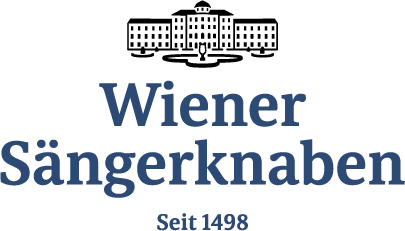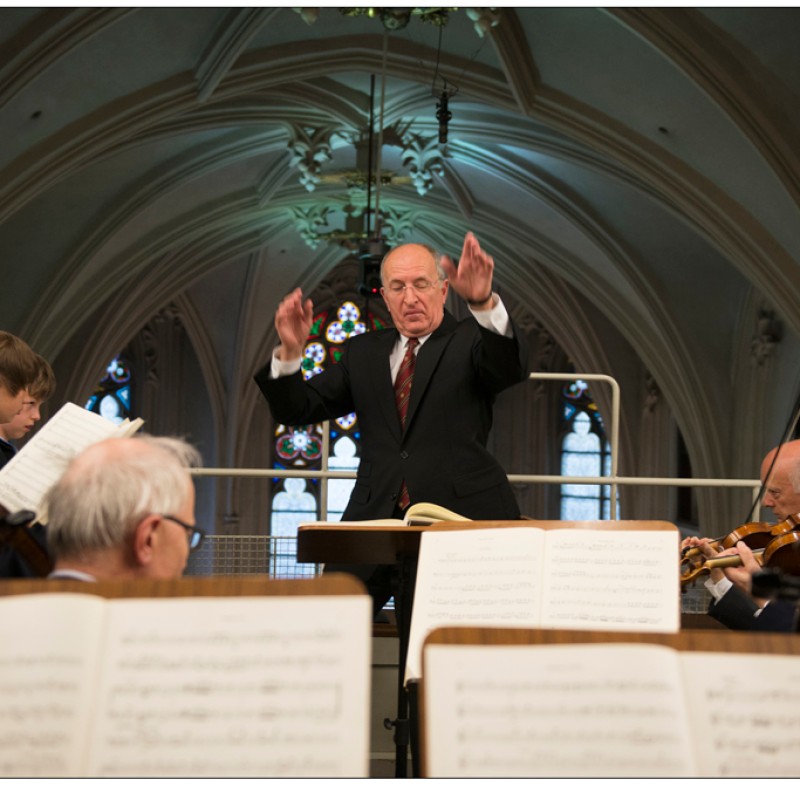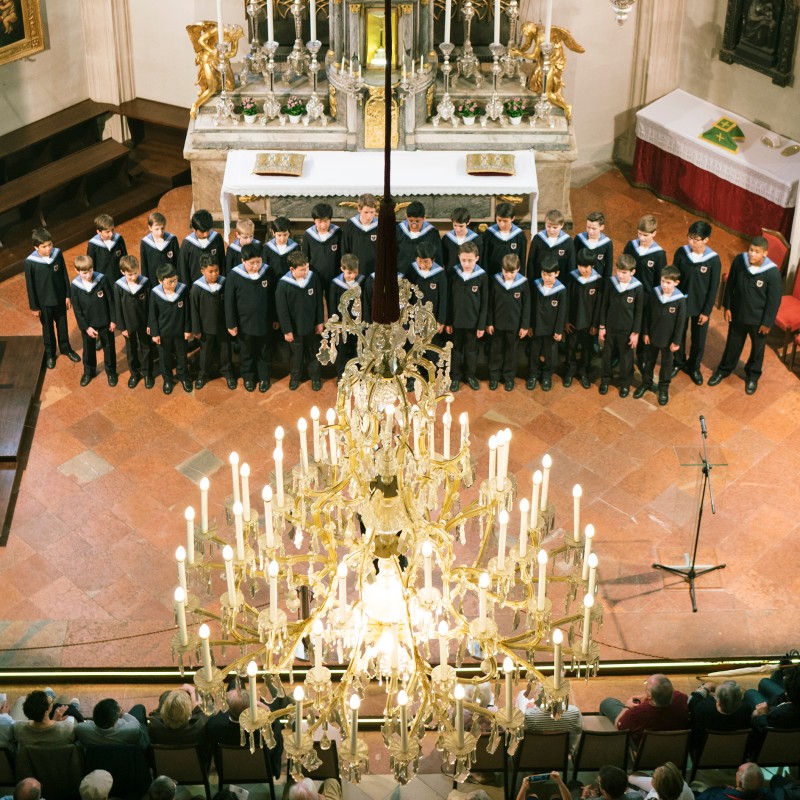Sunday
17
September
- Chapel
Sung Eucharist
F. Schubert, Mass in E flat
In the last months of his life, Schubert was very ill; he was probably treated with mercury.
The side effects of these "cures" were horrible and often lethal.Still, between July and November of 1828, Schubert managed
to write a symphony, a string quintett, his swan song cycle, and the Mass No. 6 in E flat.
This mass, Schubert's last, is an unorthodox and idiosyncratic, deeply felt confession of a lateral thinker, who had a strong dislike of bigotry. Schubert switches text passages, leaves out words he does not agree with. Instead of the usual organ, Schubert uses three trombones, giving an almost apocalyptic feel. The most important ingredient here is the choir; the voice of the people, as it were. In a strange way, this highly romantic setting of the mass is reminiscent of Bach's music.
The piece was probably written for the Church of the Holy Trinity at Alsergrund, Schubert's home district. Schubert never heard it; it was first performed almost a year after the composer's death, conducted by Ferdinand, Franz Schubert's brother.
Tickets
This mass, Schubert's last, is an unorthodox and idiosyncratic, deeply felt confession of a lateral thinker, who had a strong dislike of bigotry. Schubert switches text passages, leaves out words he does not agree with. Instead of the usual organ, Schubert uses three trombones, giving an almost apocalyptic feel. The most important ingredient here is the choir; the voice of the people, as it were. In a strange way, this highly romantic setting of the mass is reminiscent of Bach's music.
The piece was probably written for the Church of the Holy Trinity at Alsergrund, Schubert's home district. Schubert never heard it; it was first performed almost a year after the composer's death, conducted by Ferdinand, Franz Schubert's brother.
Tickets




